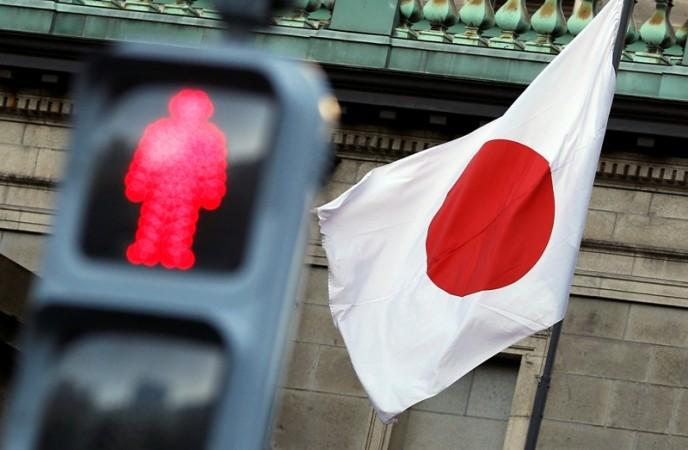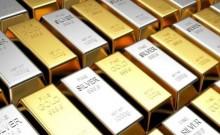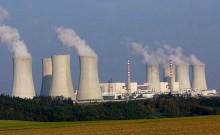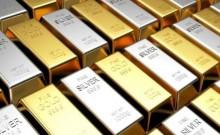
Japan's inflation rate fell for the fourth straight month in November due to the sliding oil prices thus posing a greater challenge for the government to achieve its inflation target of 2%.
Japan's core consumer price index fell to 0.7% from October's 0.9%. Inflation hit its lowest level since September 2013 in the world's third largest economy. Factory output and real wages also recorded their steepest slump in five years in November, according to Reuters.
The weak report comes despite Prime Minister Shinzo Abe's strategies -- dubbed "Abenomics"-- to fix the economy. Japan's economy slid into recession after the government imposed a tax hike in April.
But economists believe that the turmoil is only temporary and growth is right around the corner despite the falling oil prices.
Some High Points
There have been some high points in Japan's economic report card. Job availability is now at a 22-year-high and the number of part-time workers has exceeded 20 million for the first time since 1984.
Also, manufacturers' sentiment is currently high. A recent government survey showed that manufacturers expect output to rise to 3.2% in December and 5.7% in January.
Faith in Abenomics?
The Inflation report comes just after Shinzo Abe's sweeping victory in the snap elections held earlier this month. The voter turnout was, however, low.
Experts interpreted the low turnout to a lack of faith and interest in the Abe government. But the Prime Minister held his ground.
"I am aware that there are still a lot of people who are still not feeling the benefits. But it's my duty to bring [benefits] to those very people, and I believe this election made that clear," Abe said.
Shinzo Abe has been trying to tackle Japan's grim economic scenario since 2012. Abe's initial motive was to increase inflation by weakening the currency, which he has succeeded in. He also introduced the quantitative easing (QE) programme where the Bank of Japan pumped in about $65 billion into the economy.
Owing to the currency deflation and QE, Japan's employment conditions have improved and are in fact quite robust with more opportunities for job seekers.
Experts say that Japan's central bank will probably introduce some easing measures to buy the economy.
"While the economy is recovering, falling oil prices and slowing inflation will force the BOJ to ease policy further at some point next year," Hiroshi Watanabe, senior economist at SMBC Nikko Securities was quoted as saying by the Business Standard.

















